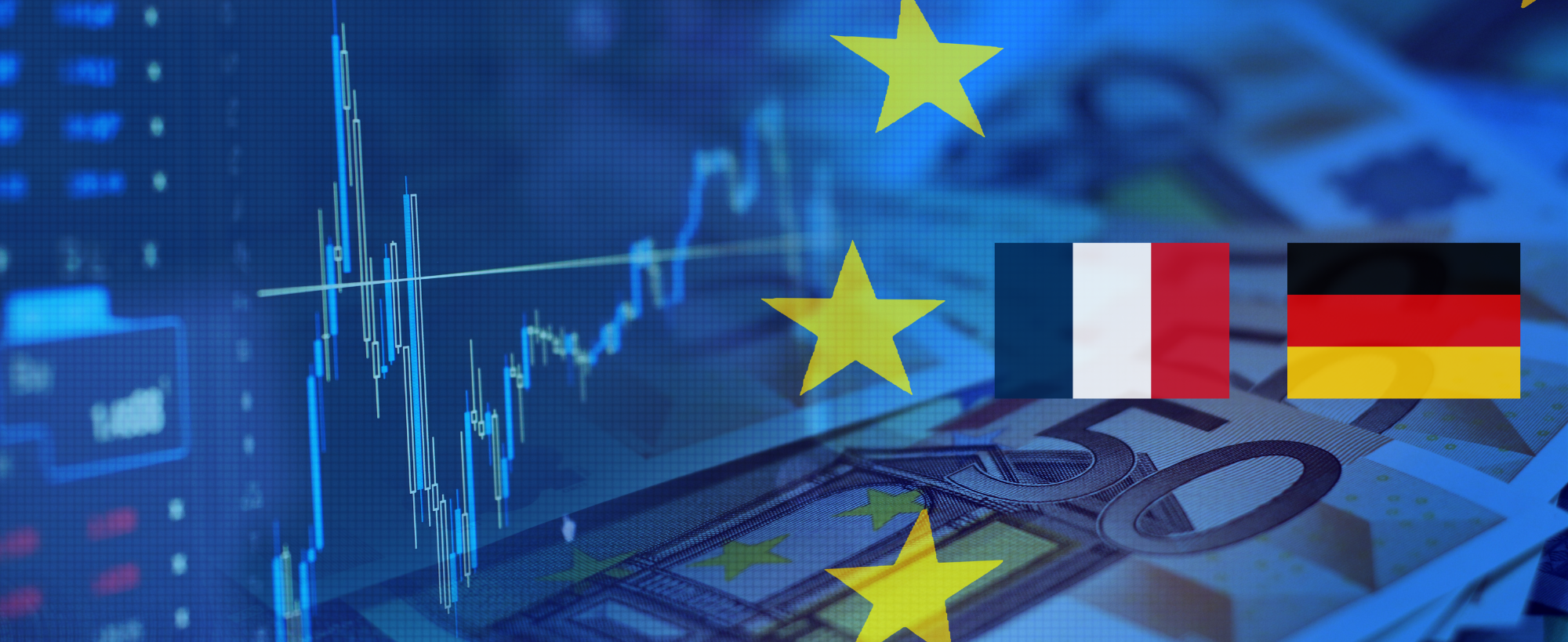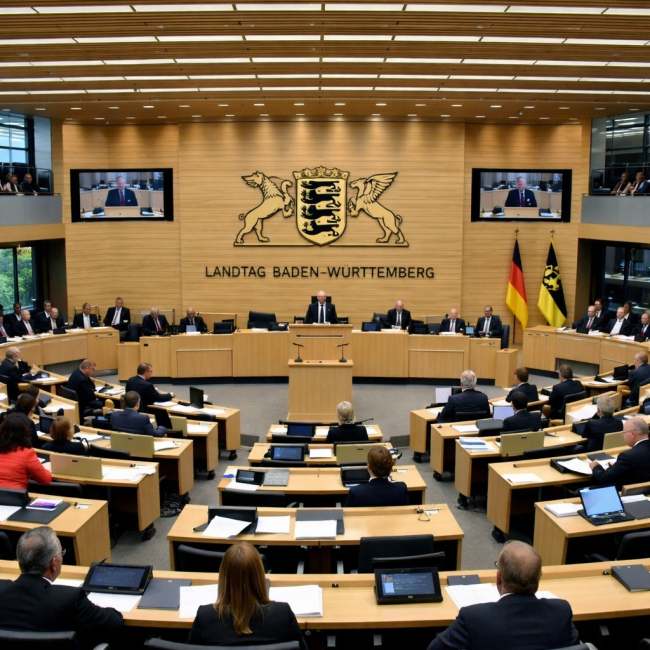Fiscal Policy in France and Germany: Insurmountable Differences?
The state of public finances in France and Germany is often compared. Germany is considered a model of rigor, through its ability to contain its deficits and generate surpluses, particularly between 2012 and 2019, thanks to the introduction into its constitution of a debt brake mechanism.

Conversely, France has a bad reputation, with a budget regularly in deficit since 1975. However, it was from the mid-2000s onwards that the budgetary trajectories of the two countries clearly diverged, which can be measured through the budget balance and the level of public debt.
However, in the context of multiple crises that Europe is experiencing since the euro zone crisis in 2010, until the Ukrainian war in 2022, including the Covid-19 pandemic, the consequences of the management of public debt translates differently in each country. The assessment should be more nuanced though with regard to the effects produced by the pursued political decisions:
On the German side, too little public investment is currently weighing on the quality of infrastructure, particularly in energy and transport, but also the operational level of the Bundeswehr. As a result, surpluses have amounted which were based on a growth model, highly exposed to international risks, and a reluctance to strengthen the coordination of economic policy at the European level.
As for France, its budgetary vulnerability has recently particularly accrued, marked by weak growth and a sharp increase in interest rates, after a long period of zero or even negative rates.
While the financing needs are considerable in both countries and in Europe as a whole, to complete the energy transition, relocate certain production and strengthen defense, what budgetary policy measures should Germany and France take? What are the possible points of convergence? Compromises are essential to ensure the reform of the Stability and Growth Pact and, beyond that, to ensure better governance of European economic policy.
- This note was written in partnership with the Jacques Delors Institute, a European think tank.
Dr. Andreas Eisl is a Research Fellow in European Economic Policy at the Jacques Delors Institute and an Associate Researcher at the Paris Institute for Policy Studies (Sciences Po).
This publication is also available in French and German (pdf):
FRENCH: Politique budgétaire en France et en Allemagne : des divergences insurmontables ?
GERMAN: „Unüberwindbare Divergenzen in der Haushaltspolitik Deutschlands und Frankreichs?“
Related centers and programs
Discover our other research centers and programsFind out more
Discover all our analysesThe 2026 State Elections in Baden-Württemberg: First Test For Chancellor Merz's Federal Government?
The state election in Baden-Wuerttemberg in March 2026 will be the first major test of public opinion for Chancellor Friedrich Merz's federal government. At the same time, Baden-Wuerttemberg is one of the federal states that—as an important location for the German automotive industry and its suppliers—is particularly affected by the transformation policy driven by climate change and the international conflict constellation.
Bundeswehr: From Zeitenwende (historic turning point) to Epochenbruch (epochal shift)
The Zeitenwende (historic turning point) announced by Olaf Scholz on February 27, 2022, is shifting into high gear. Financially supported by the March 2025 reform of Germany’s “debt break” and backed by a broad political and societal consensus to strengthen and modernize the Bundeswehr, Germany's military capabilities are set to rapidly increase over the coming years. Expected to assume a central role in the defense of the European continent in the context of changing transatlantic relations, Berlin’s military-political position on the continent is being radically transformed.
Merz’ European Policy-making: The End of the ‘German Vote’?
Friedrich Merz’s European ambition is to turn Germany, long seen as hesitant into a leading actor within the European Union (EU). To that end, he has pledged to end the “German vote,” a phenomenon that epitomizes the paradox of a country both indispensable and frequently absent from European decision-making.

Securing critical raw material (CRM) value chains – a prerequisite for Europe’s technological resilience
At the heart of economic security, technological resilience is a backbone of the European Union’s (EU) competitiveness. The EU’s energy and digital transitions depend on critical raw materials (CRM).










